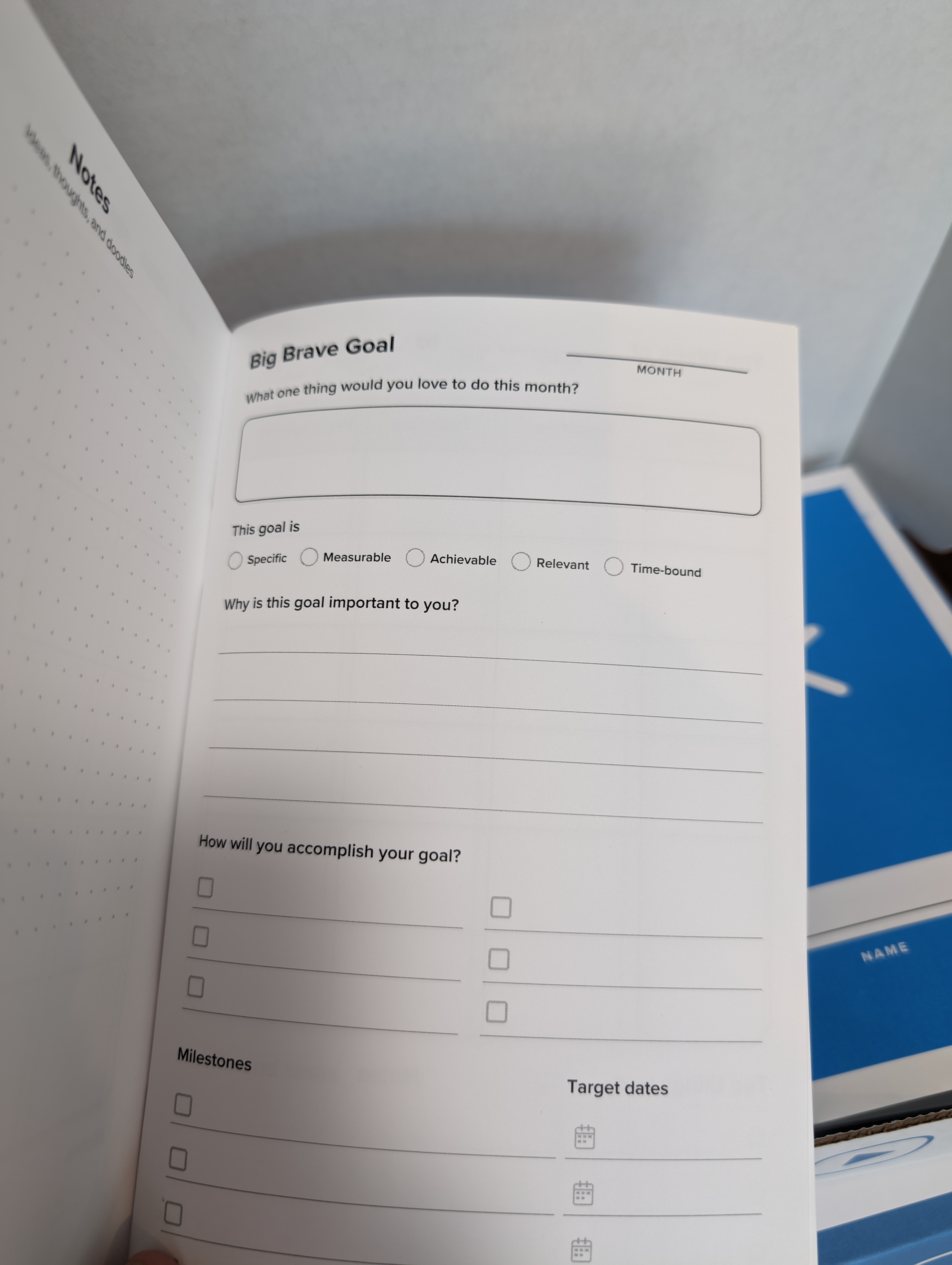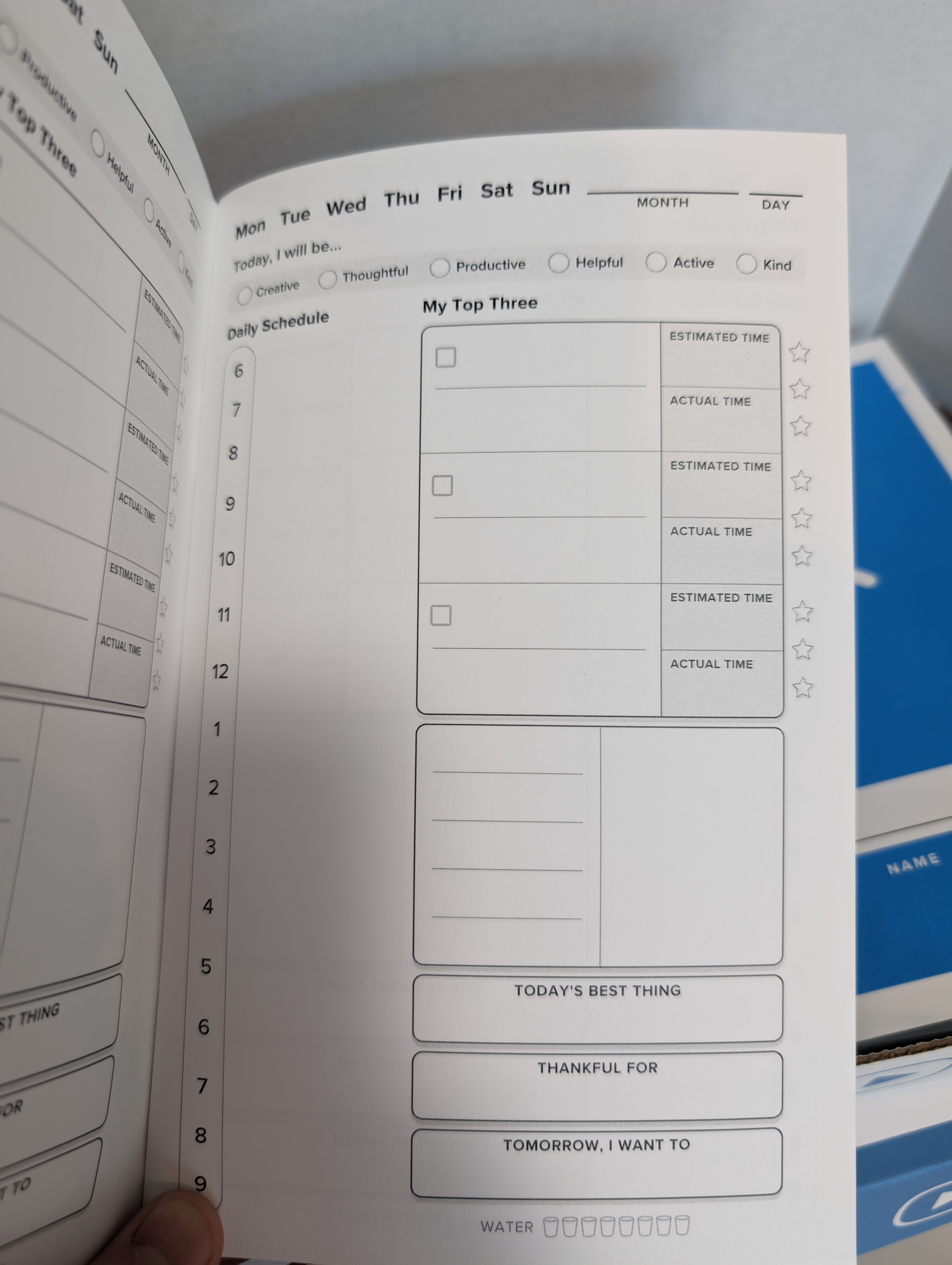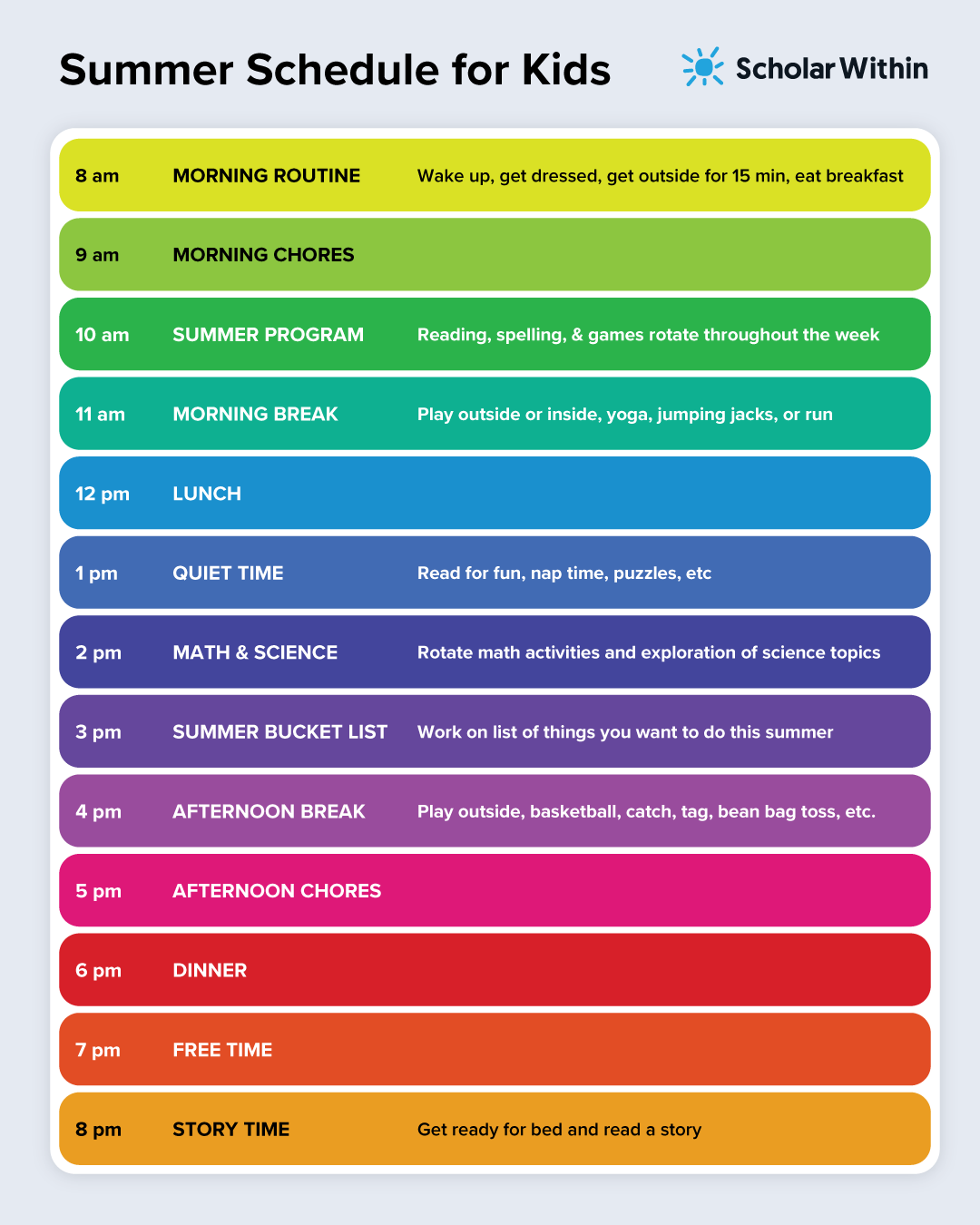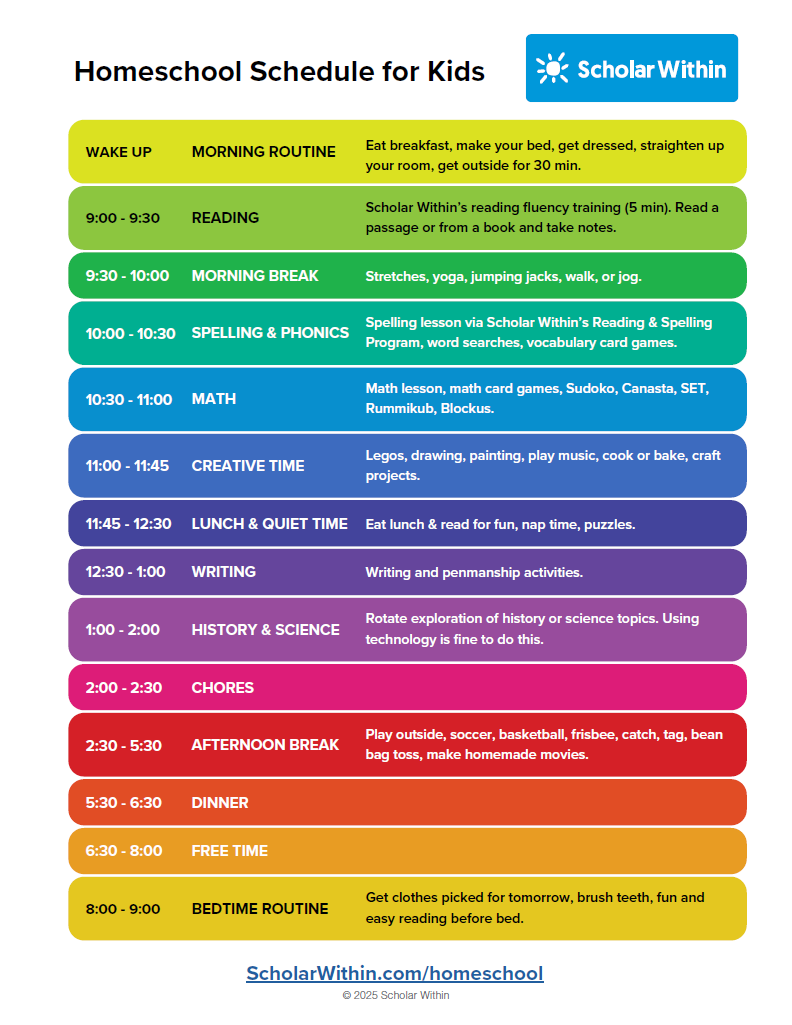
Executive Function and Reading
“If You Fail to Plan, You Plan to Fail.”
– Benjamin Franklin
Executive function is all about planning and organizing. It’s also your ability to strategize, pay attention to, and remember details.
Executive function also involves flexible thinking. This is used when you have an assignment, project, or problem that can be done in several ways. When you get stuck, do you look for a different way to do it?
When we read, we also use our executive function skills.
Executive Function Directly Impacts Reading Skills
Every time you read:
- You decide what you are going to read.
- You decide when you are going to read.
- You plan your reading to fit into your day, whether it is during a break, after school, after dinner, or before bed.
While reading, whether it’s a news story, social media, an article, or a book, your brain constantly uses executive function skills by asking yourself:
- Is this important?
- Do I need to remember this?
- What associations or connections can I draw from the characters?
- Do I have any personal experiences that I can relate to what I’m reading?
The process the brain uses as it asks these questions is executive function. Asking these questions filters and sends the information to both the short and long-term memory centers of the brain. This helps you to retain, understand, and fully comprehend what you read.

3 Brain Processes Work Together
- Working Memory:
Your ability to recall steps of a word problem while solving it or recalling the steps of a recipe while cooking. - Flexible Thinking:
When you are stuck, flexible thinking is the ability to try new ways to solve a problem. - Executive Function:
This is your ability to ask yourself questions, plan, and organize your thoughts.
When you are able to retain what you’ve read and organize your thoughts with your working memory and flexibility, you are able to act succinctly.
Specific Areas of Reading are Impacted by Executive Function
- Vocabulary:
Helps you organize, associate, and categorize words to retain meaning. - Grammar:
Helps you to interpret the content. e.g.: Let’s eat grandpa. vs Let’s eat, grandpa. - Word and Sentence Emphasis:
It helps you determine the mood or emotional context of the passage, which aids comprehension.
Your ability to maintain focus impacts your ability to read easily. Working memory comes into play by helping us to hold onto multiple bits of information in a paragraph as well as a story. Executive function helps us to comprehend.
Executive Function Skills Build Foundational Reading Skills
Many researchers, including Laurie Cutting and George McCloskey, have established the connection between executive function and the reading process. Executive function skills work directly with working memory. If you improve your executive function skills, your reading comprehension skills will naturally improve. There are specific activities for different age groups that strengthen executive function and reading skills.
In a nutshell, executive function is a term used to describe a set of mental processes that help us connect past experiences with present actions. We use executive function skills when we perform the following activities:
- Planning
- Organizing
- Strategizing
- Paying attention to details
- Remembering details
These skills allow us to:
- Finish work on time.
- Ask for help when needed.
- Wait to speak until we’re called on.
- Seek more information.
Executive function can improve. These are learned skills and can improve with instruction! Study skills instruction that incorporates planning skills can and does make a real difference!
Many schools do not teach these skills. They expect students to just catch on to how to plan. However, when you teach your kids executive function skills, both reading and overall learning improve.
Our self-paced, at-home, and online Summer Reading Program integrates executive function skills into reading instruction through planning and goal-setting activities.



Two of our bite-sized daily planners come in the print materials Summer Essential Box for 2nd through 8th grade.
How Planning and Goal-Setting Activities Improve Executive Function Skills
Executive function is like the brain’s “management system”—it helps us take in information, organize it, and act on it in purposeful ways. Two of the most effective tools to strengthen this system are planning and goal setting.
1. Planning Develops Mental Organization
When children create a plan—whether it’s for a reading assignment, a project, or even their day—they’re learning to:
- Break down larger tasks into smaller, manageable steps
- Anticipate what’s needed to complete each step
- Prioritize what to do first, next, and last
These activities strengthen the brain’s ability to sequence, organize, and stay on task, which are all core executive function skills. Instead of jumping into an activity blindly, students learn to think ahead, which increases their ability to focus and follow through.
2. Goal Setting Builds Internal Motivation and Focus
Setting goals gives kids a clear purpose for their actions. Whether the goal is “finish a chapter book in 2 weeks” or “improve my reading speed by 10 words per minute,” having a target:
- Encourages self-monitoring (Am I on track?)
- Promotes flexible thinking (Do I need to adjust my approach?)
- Develops working memory (What strategies worked before?)
Goal setting helps kids visualize success and work backward to determine the steps needed to get there. This mirrors the very processes that strong executive function relies on: planning, evaluating, and adapting.
3. Daily Practice Strengthens Neural Pathways
Just like muscles grow with regular use, the brain’s executive function system becomes stronger with consistent practice. That’s why Scholar Within’s Summer Reading Program includes simple, age-appropriate daily planning sheets and weekly goal tracking tools. These build routines that train the brain to:
- Stay organized
- Manage time effectively
- Follow through on tasks
- Reflect on progress and improve
Over time, kids begin to internalize these habits. They start applying planning and goal setting not just to reading—but to homework, chores, and even social situations.
Executive function is the hidden force behind reading success. In this post, we explored how executive function skills—like planning, flexible thinking, and working memory—directly impact your child’s ability to comprehend and retain what they read. We also uncovered how these skills influence vocabulary, grammar, focus, and even emotional understanding while reading.
Most importantly, we discussed how executive function can be taught, and how our at-home Summer Reading Program integrates these strategies through simple, daily activities that build both cognitive and reading skills.
When you strengthen executive function, you unlock better readers and more confident learners.
Scholar Within’s Summer Reading Program
At Scholar Within, we are busy fulfilling orders for our summer reading program. Sign up soon to get your materials before you start.


Who is Scholar Within?
Scholar Within was founded by learning expert Bonnie Terry, M.Ed., BCET. Bonnie began designing and developing her own custom educational tools when she started her private learning center in the 1990s. Teachers kept asking what she was using with the kids who saw her because of the dramatic improvements that the kids made in school. From there, Bonnie decided to make her materials available to teachers and families worldwide.
Now, Bonnie Terry has turned her materials into a full-service online program that you can follow step-by-step at home, on your schedule. School alone is not enough anymore. Bonnie’s programs boost your kid’s overall learning skills by focusing on improving the auditory, visual, and tactile processing areas of your brain to make it work more efficiently.
Learn more about Scholar Within.



